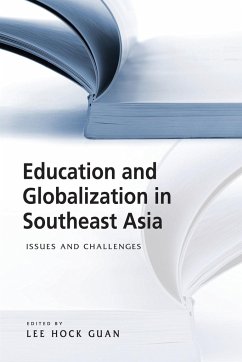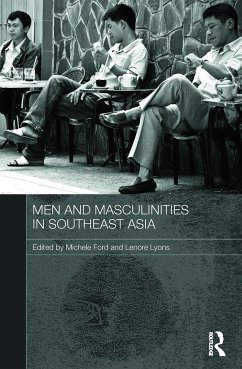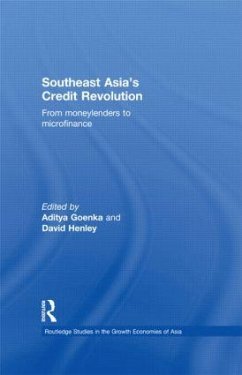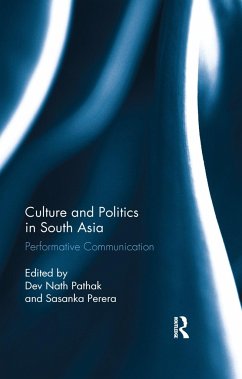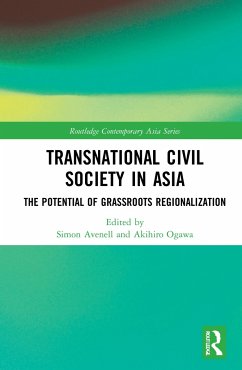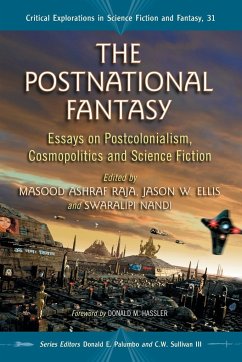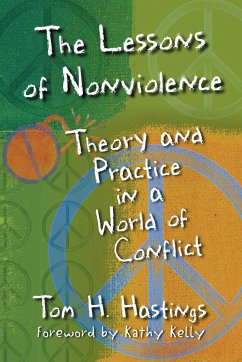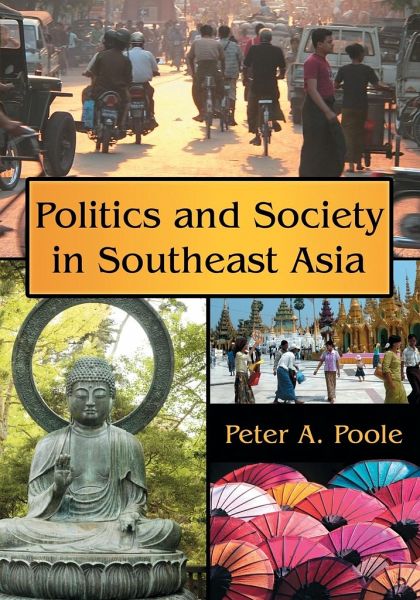
Politics and Society in Southeast Asia
Versandkostenfrei!
Versandfertig in 1-2 Wochen
38,99 €
inkl. MwSt.

PAYBACK Punkte
19 °P sammeln!
The Asian financial crisis of 1997-1998 caused severe hardship in Southeast Asia, and many countries tightened their regulation of banks and other financial institutions, adopted more conservative fiscal policies, and made themselves less vulnerable to Western market fluctuations by forming closer trade and investment ties with their neighbors. This book analyzes the major political and economic reforms that resulted from the Asian financial crisis, looking particularly at how such reforms helped to prepare Asian countries for coping with the 2009 global recession. In each of the ten country c...
The Asian financial crisis of 1997-1998 caused severe hardship in Southeast Asia, and many countries tightened their regulation of banks and other financial institutions, adopted more conservative fiscal policies, and made themselves less vulnerable to Western market fluctuations by forming closer trade and investment ties with their neighbors. This book analyzes the major political and economic reforms that resulted from the Asian financial crisis, looking particularly at how such reforms helped to prepare Asian countries for coping with the 2009 global recession. In each of the ten country chapters, the historical background, social and political system, economic development, and foreign relations of each country are analyzed and compared with those of neighboring countries. The concluding chapter looks ahead at the prospects for Southeast Asia in a more integrated Asian region. Instructors considering this book for use in a course may request an examination copy here.




